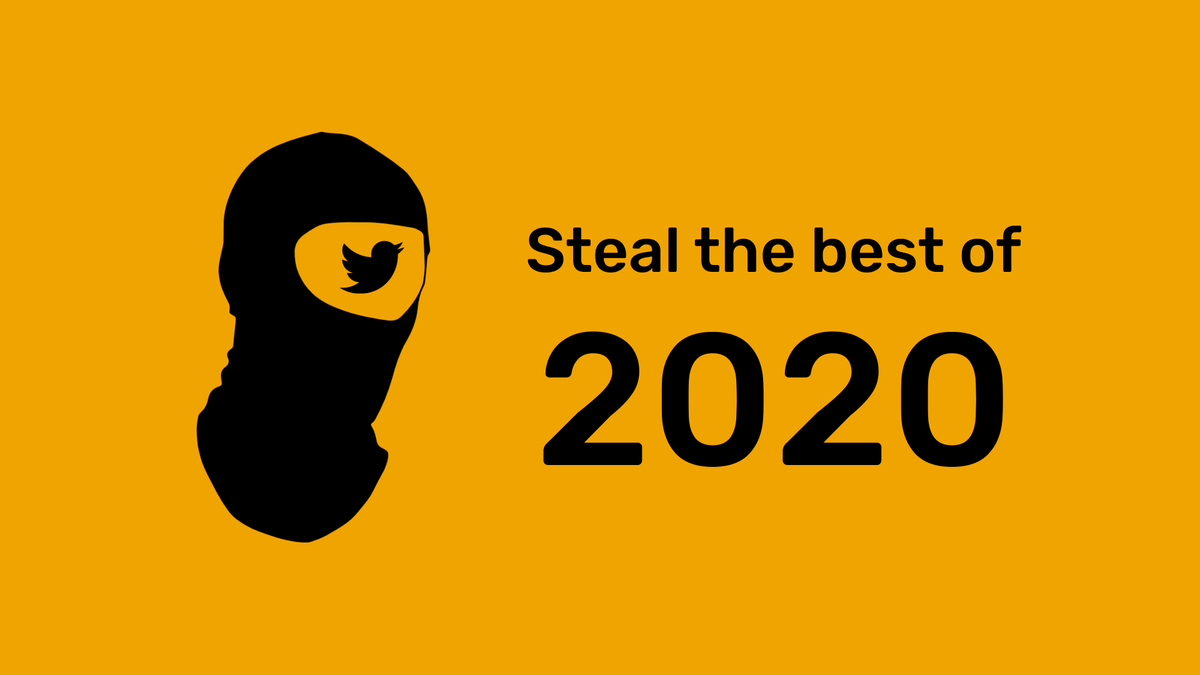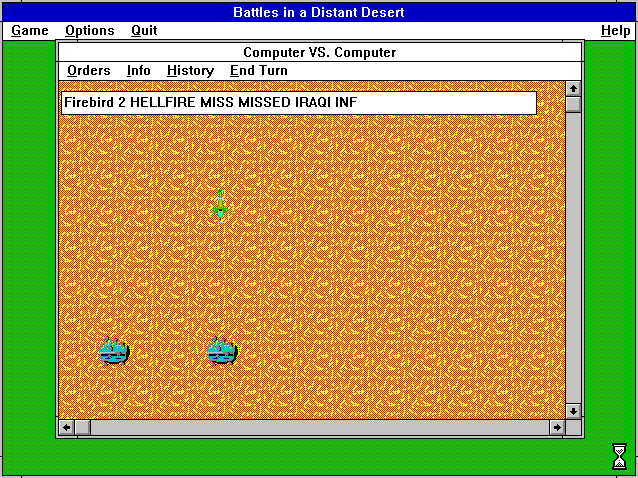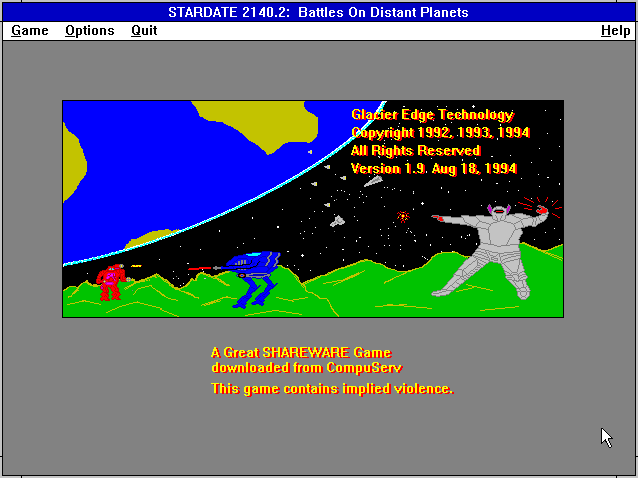After spending a couple of days engaging with #DisruptTexts and its most vociferous Twitter defenders, here is what I've learned:
More from Twitter
I bookmark everything that looks interesting and go there when in need of inspiration.
This is a thread-recap of the best-saved tweets from 2020 (for me at least) and what you can steal from each one. 🧵👇

The year chart by @jakobgreenfeld
What to steal: the idea and the design
Create a chart with the key moments of your growth. It's a great reflective exercise for you and it can be a great learning experience for your
Here's roughly how I grew from 0 to 1400 followers in 4 months. pic.twitter.com/NqY54cWXpC
— Jakob Greenfeld (@jakobgreenfeld) December 15, 2020
Let's collaborate by @aaraalto
What to steal: the idea.
Creating a blank piece of content (could be a sentence, a design, a video...) that your audience can later
Let's collaborate
— Aaron Aalto (@aaraalto) December 17, 2020
Step 1: Take this image
Step 2: Be creative with it
Step 3: Reply with your creation pic.twitter.com/xCcCShLvdI
Advice to first-time info product creators by @dvassallo
What to steal: the insight
This tweet was one of the sparks for me writing the Twitter Thief ($1,3k revenue says it's good
My advice to first-time info product creators:
— Daniel Vassallo (@dvassallo) July 26, 2020
1. Start with a very small product.
2. Choose a topic you know well that will almost write itself. Avoid doing research.
3. Timebox production to 2 weeks.
4. Charge $10.
5. Promote it!
All the lessons are in #5. Best of luck!
How to be a better writer by @JamesClear
What to steal: the insight
A world-class writer giving free writing lessons. The tweet is from 2019 but I discovered it this
How to be a better writer:
— James Clear (@JamesClear) July 5, 2019
-write about what fascinates you
-make one point per sentence
-use stories to make your point
-cut extra words like \u201creally\u201d and \u201cvery\u201d
-read the whole thing out loud
-post publicly (you\u2019ll try harder when you know others will read it)
What else?
All related to
- Startups
- Entrepreneurship
- Indiehacker
- Wealth
- Health
- Life nd philosophy
I'll keep updating them regularly
Read below 👇
1. Getting reach without being luck, best tweet ever by
How to Get Rich (without getting lucky):
— Naval (@naval) May 31, 2018
2. On meditation by
Meditation - The Art of Doing Nothing:
— Naval (@naval) May 16, 2020
3. On college and eduction by
I\u2019ve gotten a lot of bad advice in my career and I see even more of it here on Twitter.
— Nick Huber (@sweatystartup) January 3, 2021
Time for a stiff drink and some truth you probably dont want to hear.
\U0001f447\U0001f447
4. "Deep Year" concept by
Obsessed with this idea:
— Jordan O'Connor (@jdnoc) July 28, 2020
Pick a niche I'm interested in.
Write/study daily about the topic.
Write 100 articles in a year.
Get SEO traffic.
Build email list.
Ask them what they want and build it.
Sell products (physical or digital).
Start fresh with a new niche next year.
You May Also Like
One of those strategies which I like is Iron Fly✈️
Few important points on Iron fly stategy
This is fixed loss🔴 defined stategy ,so you are aware of your losses . You know your risk ⚠️and breakeven points to exit the positions.
Risk is defined , so at psychological🧠 level you are at peace🙋♀️
How to implement
1. Should be done on Tuesday or Wednesday for next week expiry after 1-2 pm
2. Take view of the market ,looking at daily chart
3. Then do weekly iron fly.
4. No need to hold this till expiry day .
5.Exit it one day before expiry or when you see more than 2% within the week.
5. High vix is preferred for iron fly
6. Can be executed with less capital of 3-5 lakhs .
https://t.co/MYDgWkjYo8 have R:2R so over all it should be good.
8. If you are able to get 6% return monthly ,it means close to 100% return on your capital per annum.















